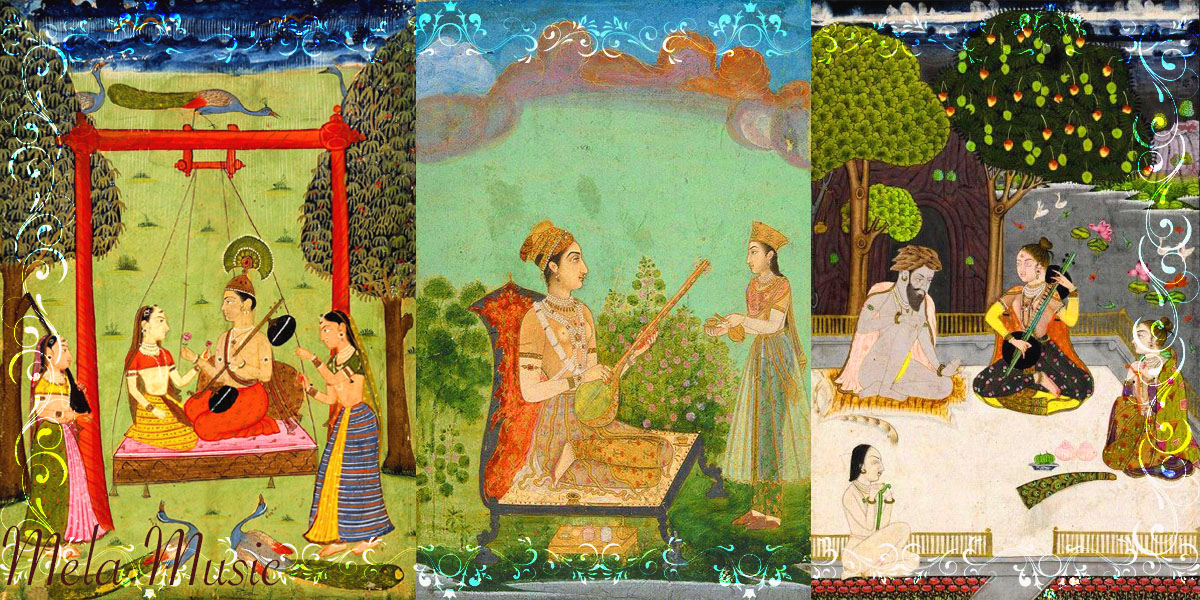
Raga Desi Todi envelops listeners in a mood of introspective yearning, blending the poignancy of unfulfilled longing with a quiet, meditative grace. Unlike its more austere cousin, Todi (a pre-noon raga steeped in gravity), Desi Todi is gentler, often associated with late mornings (9 AM–12 PM) and autumnal mists. Its notes—komal Re (flat second), komal Ga (flat third), shuddha Ma (natural fourth), and komal Dha-Ni (flat sixth and seventh)—craft a haunting palette, evoking a solitary walk through dew-laden forests or the quiet ache of a devotee’s prayer. Phrases like r-g-m-d or m-d-n-S’ rise like fragile hopes, while descending turns (S’-n-d-m-g) mirror sighs of resignation, embodying Karuna rasa (pathos). Yet, subtle warmth lingers in its shuddha Ma, suggesting resilience amid sorrow, as if sunlight filters through fog.
The raga’s emotional core lies in its duality—melancholy intertwined with devotion. It whispers of separation (viraha) in love or spirituality, akin to the pining of Radha for Krishna or the soul’s quest for the divine. Its oscillations between komal Ga and shuddha Ma create tension and release, mirroring the human heart’s struggle between despair and faith. Often rendered in khayal or thumri, Desi Todi’s delicate ornamentations (meend, murki) evoke tears held back by a faint smile. Unlike the stormy depths of Bhairavi or the serenity of Bhimpalasi, it occupies a twilight space—raw yet refined, sorrowful yet sublime. To hear Desi Todi is to witness vulnerability transformed into beauty, where pain and peace coexist in a single, breathless melody.
